Game publisher EA is no stranger to lawsuits for their business practices. This time, they are coming under fire for abusing in-game mechanics in their FIFA, Madden, and NFL franchises to sell more Ultimate Team packs. In the lawsuit, Zajonc et al. v Electronic Arts Inc, three plaintiffs from California are accusing EA of using difficulty adjusting mechanisms to manipulate them into spending real money on packs. This offense by EA would fall under consumer fraud and unjust enrichment.
What are these difficulty adjusting mechanisms?
To understand this lawsuit, it’s important to understand how Ultimate Team modes works in these games. In FIFA, Madden, and NHL games, players can build their own “ultimate team” in each game’s specific Ultimate Team mode.
In these modes, players must collect cards that represent athletes. The easiest way to get good cards is to spend real money to purchase card packs. Each pack contains random cards (similar to loot boxes in other games). Players can either sell these cards for in-game currency or use them on their team.

The plaintiffs, in this case, are accusing EA of adjusting the difficulty of games to sabotage players so they will feel they need better players to win, and therefore, spend more money on packs. If players feel they aren’t competitive with their current cards, they will undoubtedly want better ones.
How is this consumer fraud and unjust enrichment?
The plaintiffs go on to explain that when players play sports games, they expect that their player cards will accurately represent the virtual player’s abilities. By adjusting the difficulty in matches using difficulty adjusting mechanisms, EA makes the virtual player less effective, which impacts the outcome of the competition.
When they inevitably lose because of these difficulty adjustments, they will feel that their team is inadequate and want to buy more packs. If EA has knowledge of these practices, they would be responsible for misleading and manipulating consumers for their own gain.
It will be interesting to see if this leads to anything. Perhaps in the future, their sports games will be more consumer-friendly. This would certainly help EA’s reputation. It could also lead to more people getting involved in FIFA, Madden, and NHL esports.


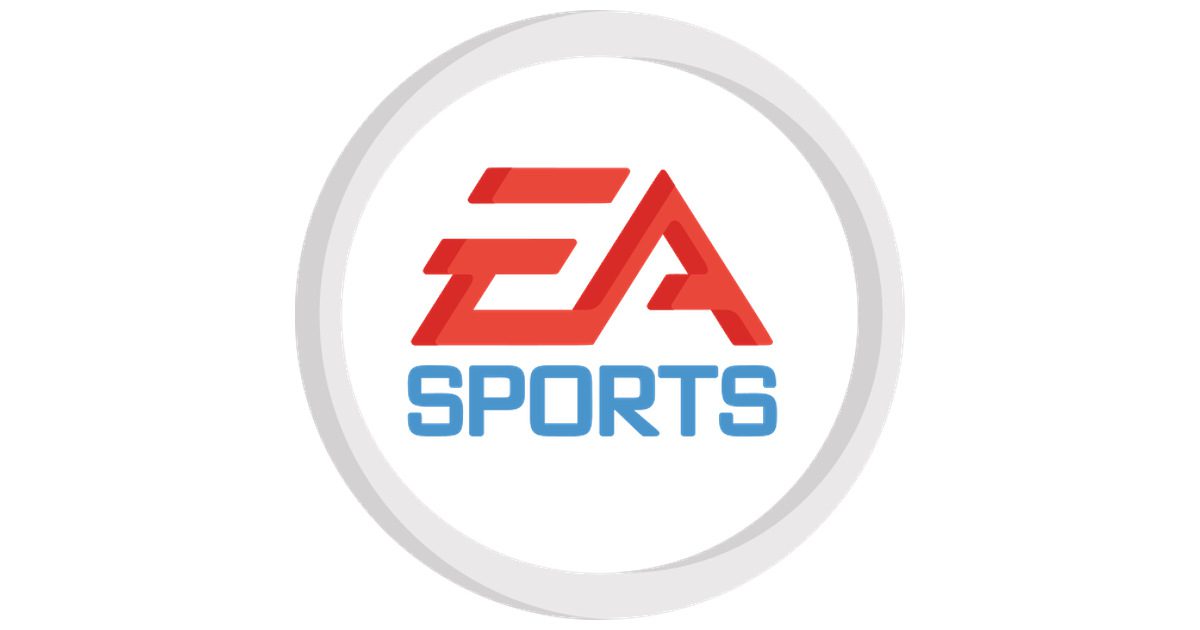


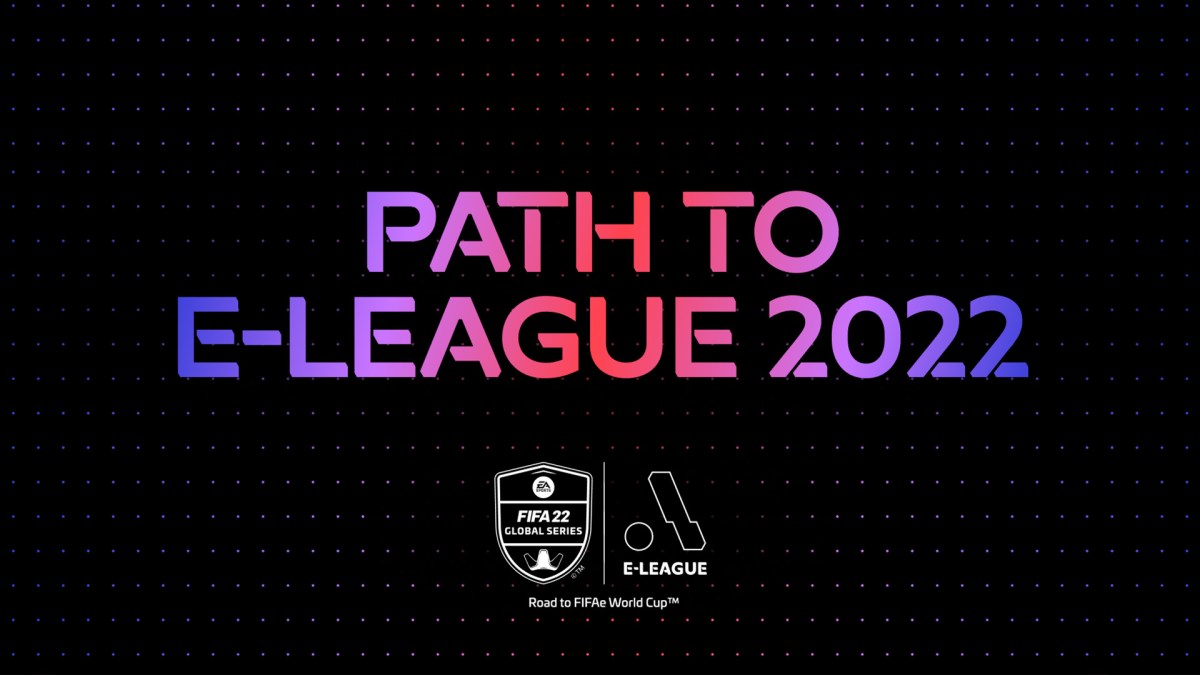
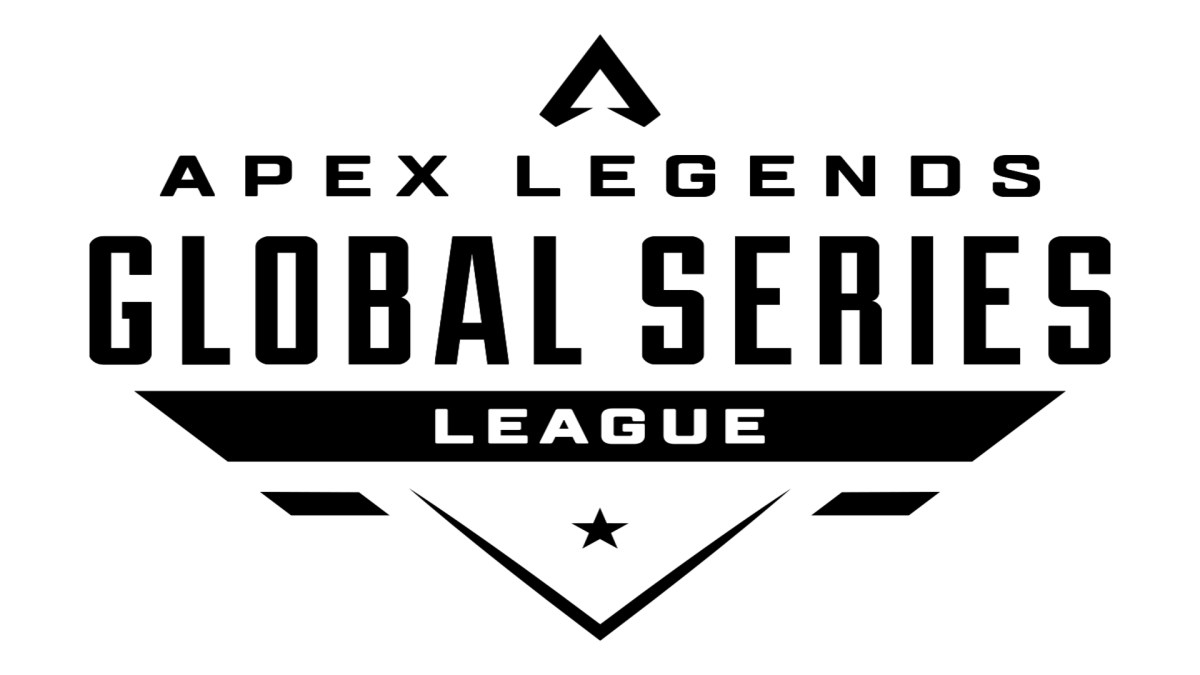
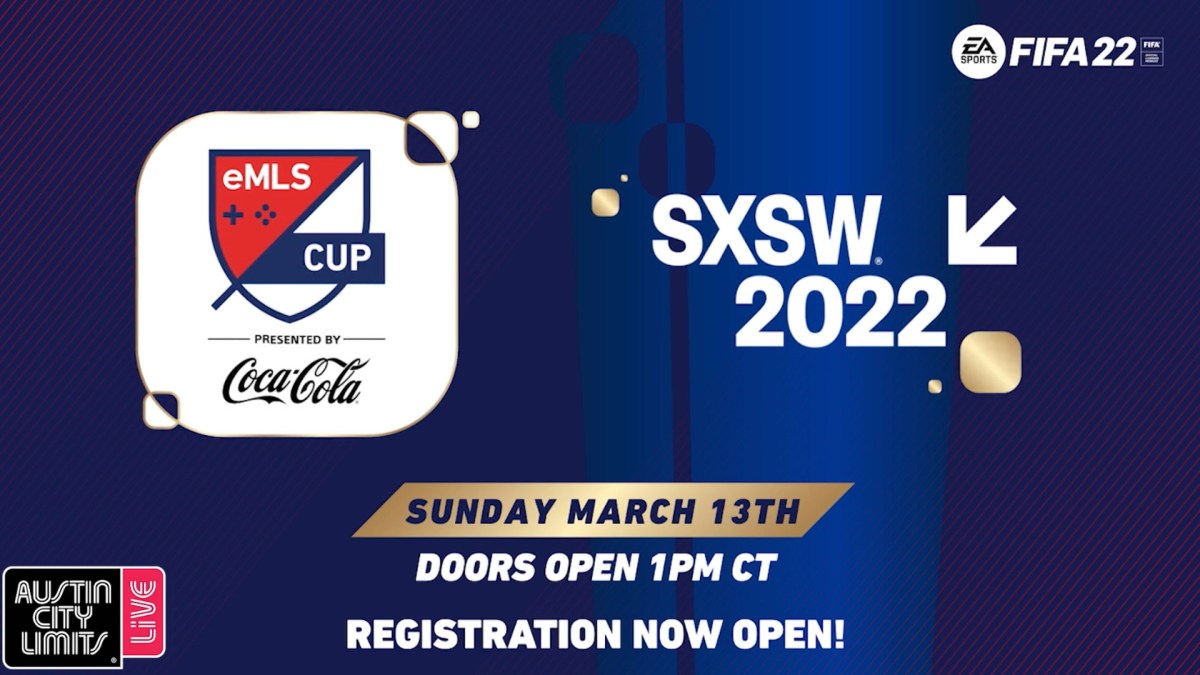

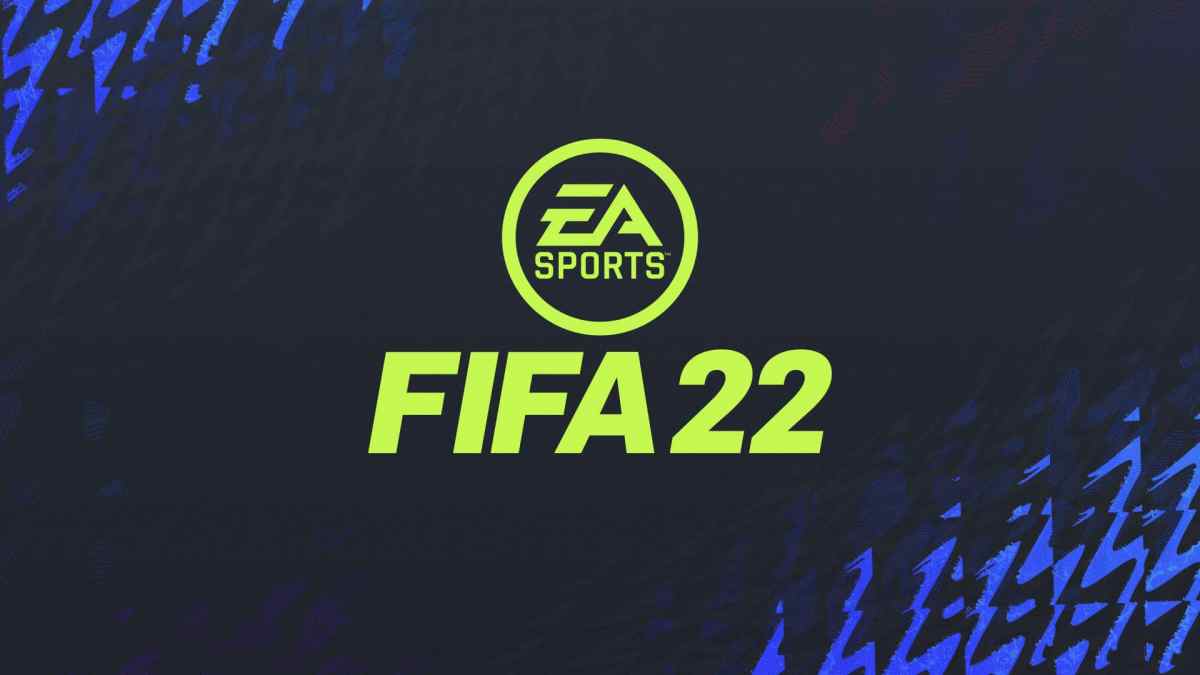


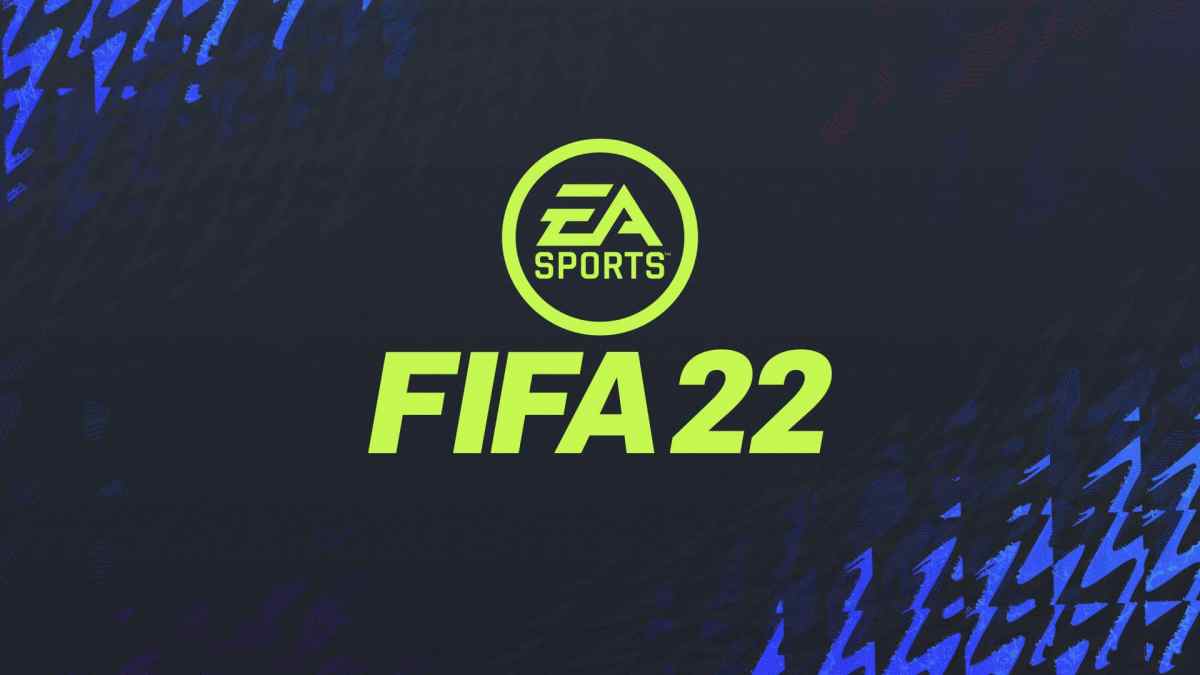



Published: Dec 1, 2020 12:31 pm